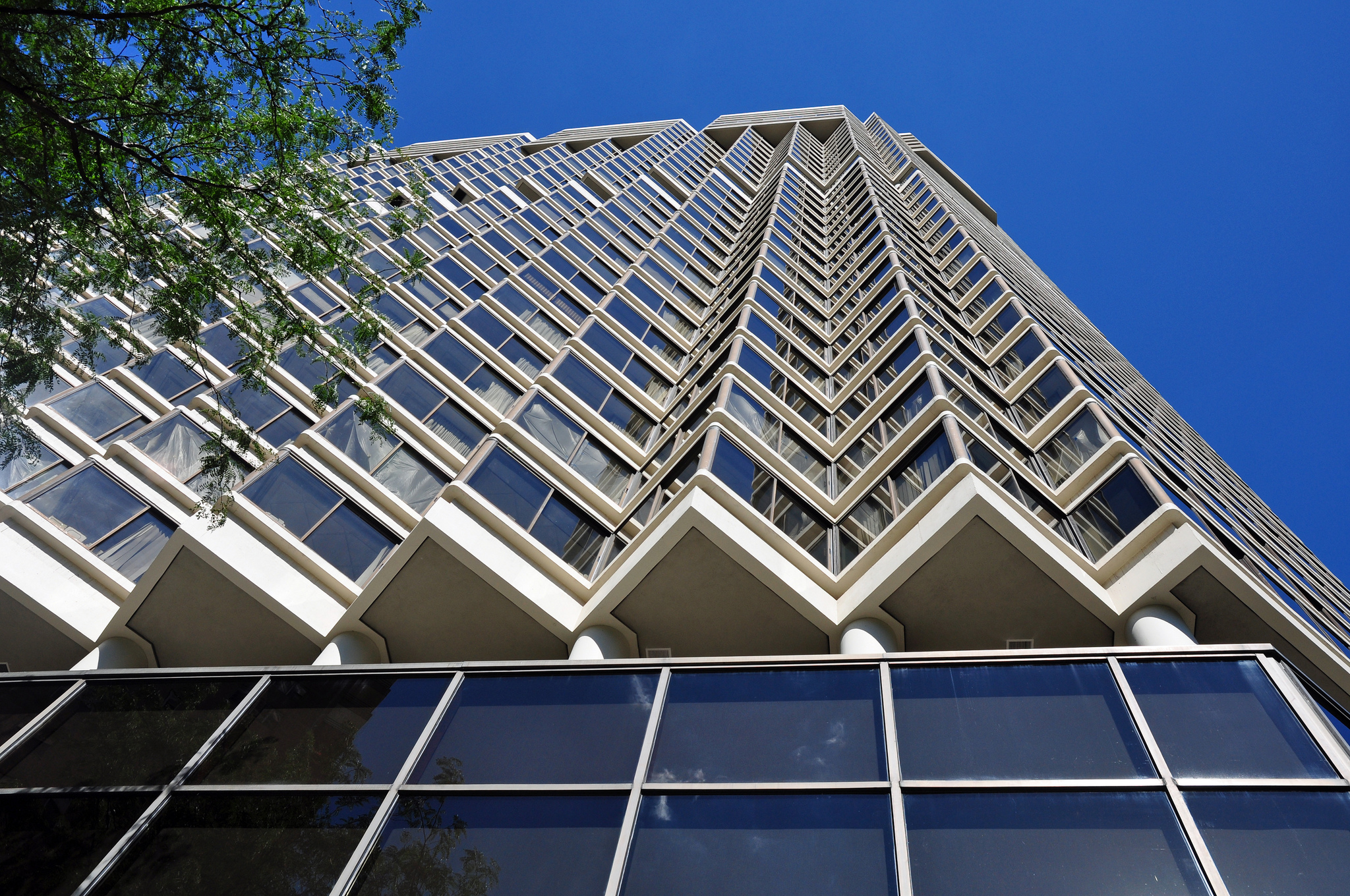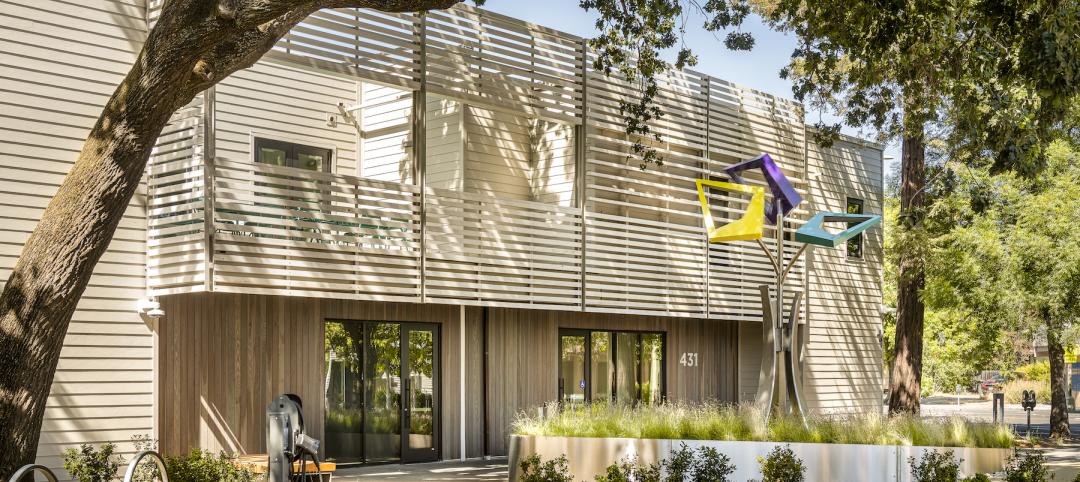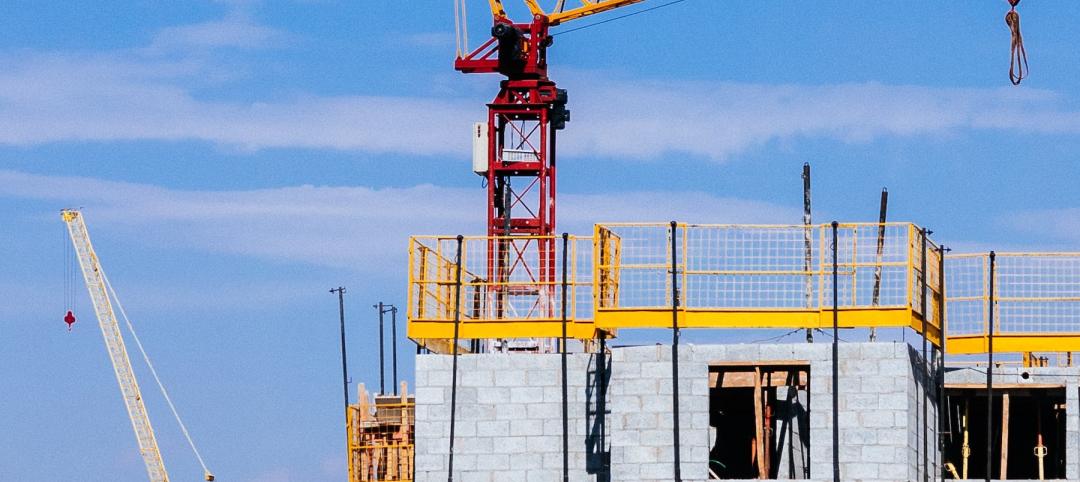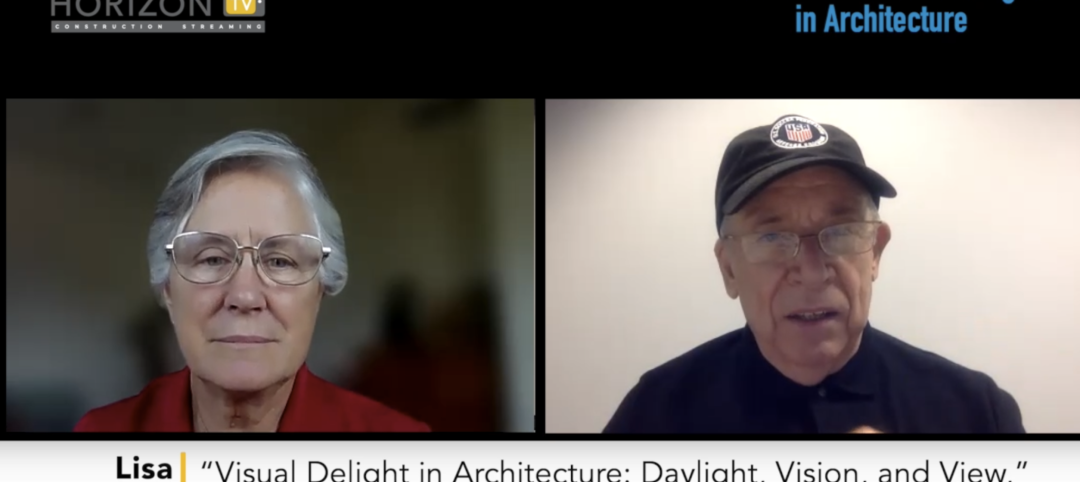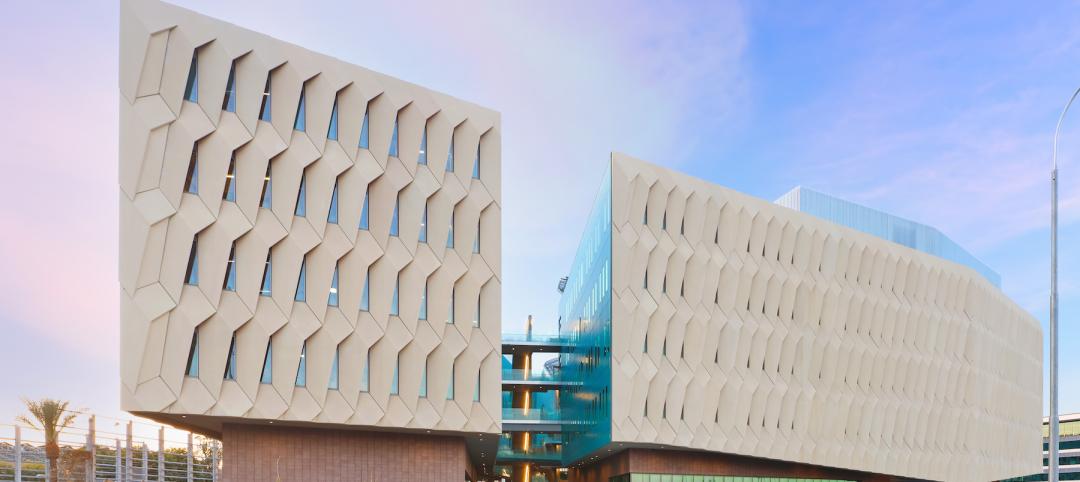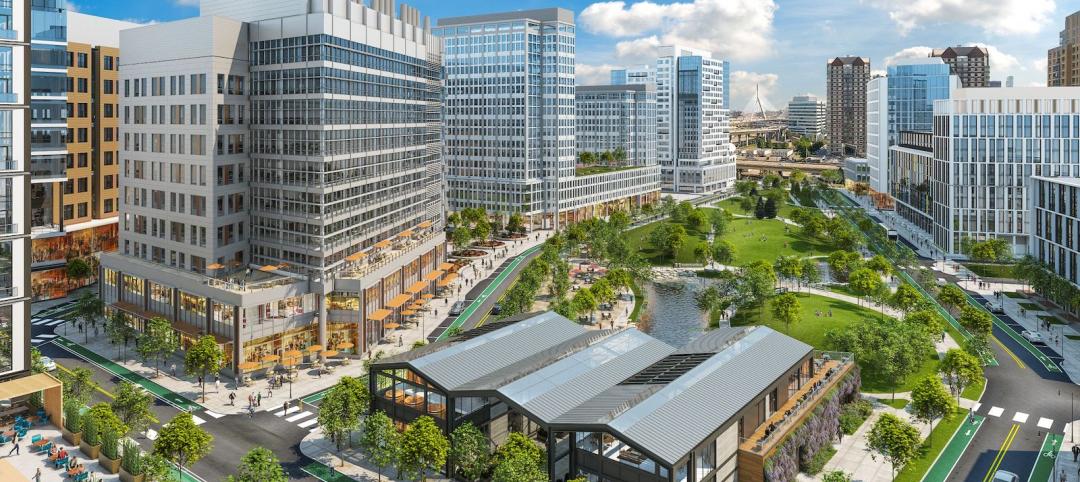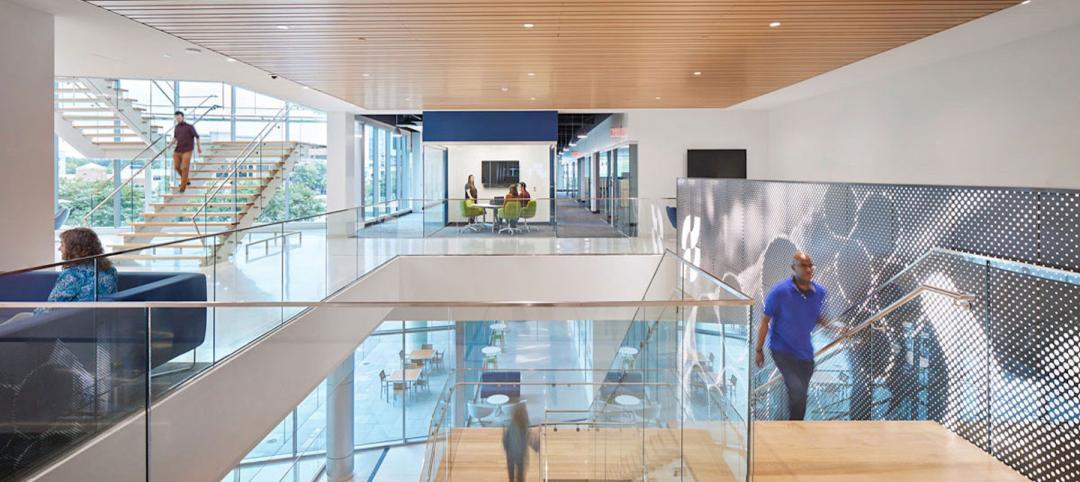The U.S. Department of Energy (DOE) -- along with the the Natural Resources Defense Council (NRDC), the Institute for Market Transformation (IMT), the National League of Cities (NLC), and the National Association of State Energy Officials (NASEO) -- launched the SEED Collaborative, an effort to assist state and local governments manage, standardize, and share large building performance data sets.
This collaboration builds on DOE’s software application called the Standard Energy Efficiency Data (SEED) Platform. This tool allows cities and states to streamline the process of managing and standardizing building energy data.
“There is an unprecedented amount of new data as cities and states, across the country, help building owners better understand opportunities for energy savings,” said Dr. Kathleen Hogan, Deputy Assistant Secretary for Energy Efficiency at DOE. "The SEED Collaborative will help cities and states leverage this data to unlock barriers and unleash innovative market solutions that will save energy and money, and grow businesses in their communities."
The SEED Collaborative will partner with a select group of cities and states to help them better collect and manage building energy data. This partnership builds upon the success of early adopters, such as Washington D.C. and Philadelphia, which piloted the SEED Platform in 2014.
The SEED Collaborative will also strive to create a larger community of supporting organizations, software developers, and product and services companies to expand interoperability of SEED-based products and other applications.
Related Stories
Green | Nov 8, 2022
USGBC and IWBI will develop dual certification pathways for LEED and WELL
The U.S. Green Building Council (USGBC) and the International WELL Building Institute (IWBI) will expand their strategic partnership to develop dual certification pathways for LEED and WELL.
Green | Oct 5, 2022
In California, a public power provider’s new headquarters serves as a test case for an innovative microgrid and for reducing greenhouse gas emissions
Sonoma Clean Power (SCP), the public power provider for California’s Sonoma and Mendocino Counties, recently unveiled its new all-electric headquarters.
Green | Oct 3, 2022
California regulators move to ban gas heaters for existing buildings
California regulators voted unanimously recently on a series of measures that include a ban on the sale of natural gas-powered heating and hot water systems beginning in 2030.
Mass Timber | Aug 30, 2022
Mass timber construction in 2022: From fringe to mainstream
Two Timberlab executives discuss the market for mass timber construction and their company's marketing and manufacturing strategies. Sam Dicke, Business Development Manager, and Erica Spiritos, Director of Preconstruction, Timberlab, speak with BD+C's John Caulfield.
Daylighting | Aug 18, 2022
Lisa Heschong on 'Thermal and Visual Delight in Architecture'
Lisa Heschong, FIES, discusses her books, "Thermal Delight in Architecture" and "Visual Delight in Architecture," with BD+C's Rob Cassidy.
Sponsored | | Aug 4, 2022
Brighter vistas: Next-gen tools drive sustainability toward net zero line
New technologies, innovations, and tools are opening doors for building teams interested in better and more socially responsible design.
Green | Jul 26, 2022
Climate tech startup BlocPower looks to electrify, decarbonize the nation's buildings
The New York-based climate technology company electrifies and decarbonizes buildings—more than 1,200 of them so far.
Sustainable Development | Jul 14, 2022
Designing for climate change and inclusion, with CBT Architects' Kishore Varanasi and Devanshi Purohit
Climate change is having a dramatic impact on urban design, in terms of planning, materials, occupant use, location, and the long-term effect of buildings on the environment. Joining BD+C's John Caulfield to discuss this topic are two experts from the Boston-based CBT Architects: Kishore Varanasi, a Principal and director of urban design; and Devanshi Purohit, an Associate Principal.
Building Team | Jul 1, 2022
How to apply WELL for better design outcomes
The International WELL Building Institute (IWBI) cites attracting top talent, increasing productivity, and improving environmental, social or governance (ESG) performance as key outcomes of leveraging tools like their WELL Building Standard to develop healthier environments.
Green | Jun 22, 2022
The business case for passive house multifamily
A trio of Passive House experts talk about the true costs and benefits of passive house design and construction for multifamily projects.


